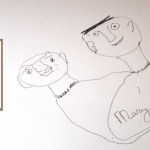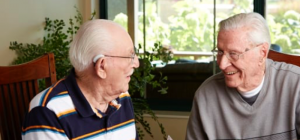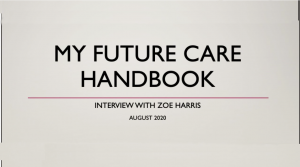
REAL Communication workshops for carers help develop communication skills through interactive, experiential and blended learning programs.
Facilitating REAL Communication workshops for carers is always a privilege. Being interactive, what happens is always a Quid Pro Quo: a real exchange of learning and experience.
Good communication is absolutely central to good care. Nowhere is this more true than in the care of people living with dementia, for whom there is no cure and almost no palliatives. For family carers and care workers, good communication is vital: they all live with stress, anxiety, loss and grief on a daily basis while the person is still alive.
The REAL Communication* framework and mantra developed to address these issues:
- We cannot care for a person if we don’t care about them;
- We cannot care about them if we don’t know who they are
Care is always a triumvirate between the person being cared for, professional health and social care staff and relatives and friends. As all evidence shows, when these relationships work well together, good care always results. Conversely, if these relationships fail, poor care is inevitable.
Older people who are vulnerable and frail need sensitive relationship-centred care and robust advocacy, especially if they have dementia. They have rich life experiences that can have a deep affect on how they view their relationships with everyone around them – and life in general.
When we have empathy for the person, listen to them well, understand how their memory systems function; when we show kindness and recognise, appreciate, honour and celebrate their life experiences, they are encouraged and empowered to live life more fully, regardless of their condition.
*The REAL Communication Framework
REAL is an acronym for: Reminiscence, Empathic engagement, Active listening and Life story.
All REAL Communication workshops include the REAL framework. This means that any carers attending our workshops will further develop and improve their communication skills and abilities.
The resulting learning outcomes will further encourage the provision of improved communication. This enhances relationship-centred care and delivers improved quality of care received by the person living with dementia.
Our unique approach sits at the heart of the Norfolk & Suffolk Dementia Alliance blended learning programme, recognised by the Performance Learning Institute gold award in 2014.
Image: Will van Wingerden





No comment yet, add your voice below!